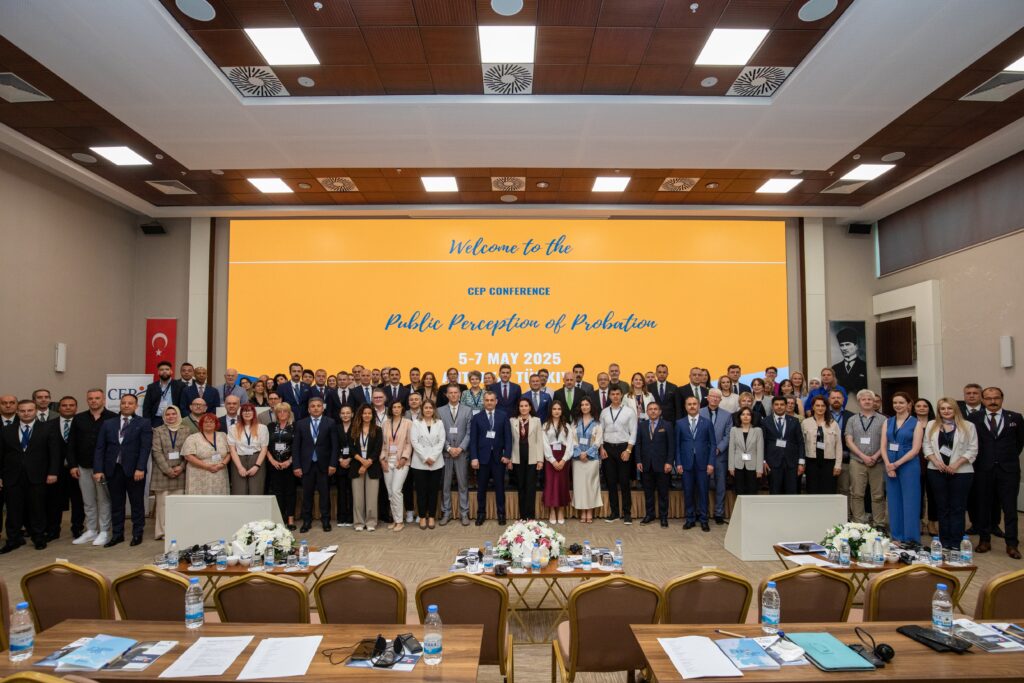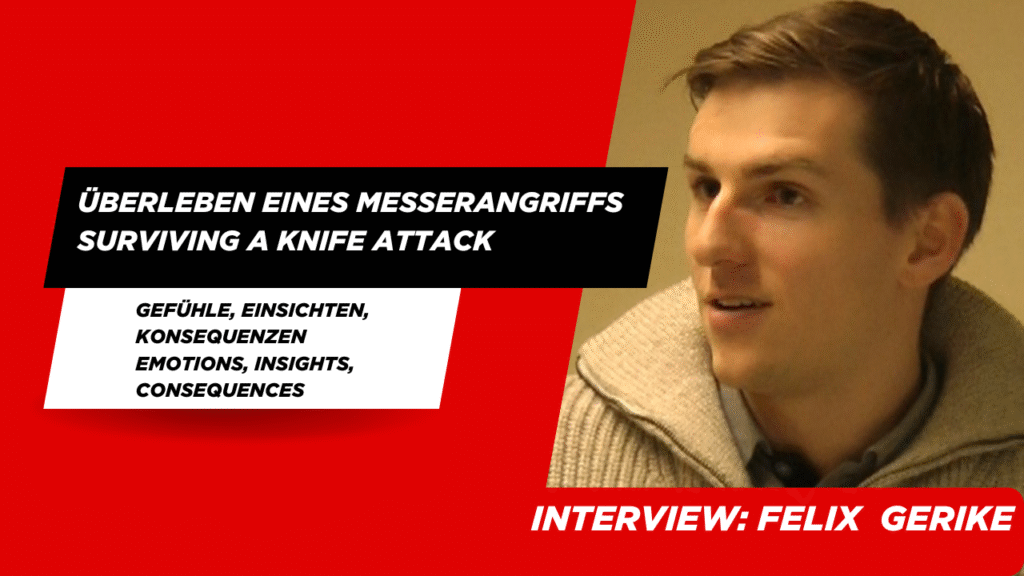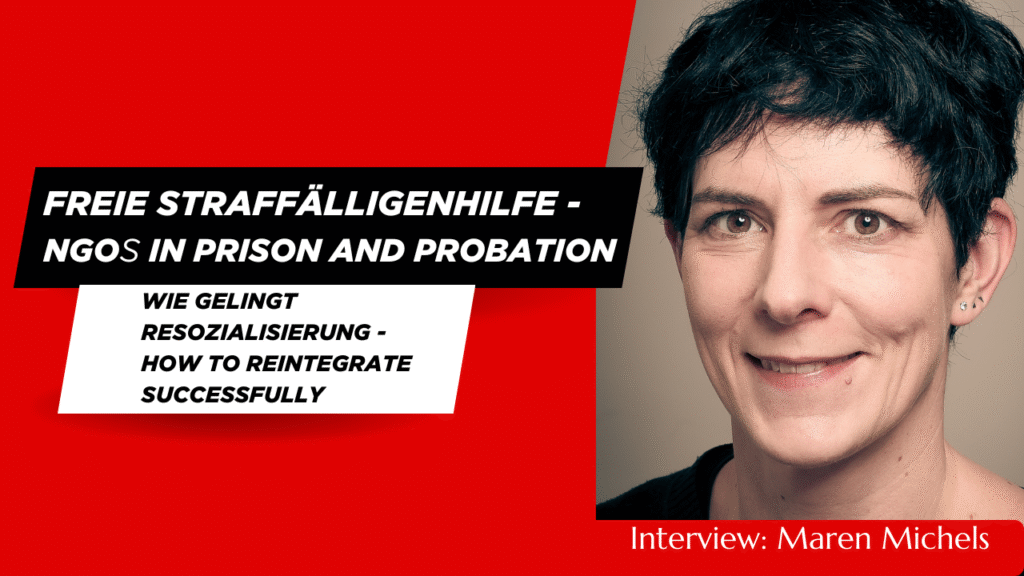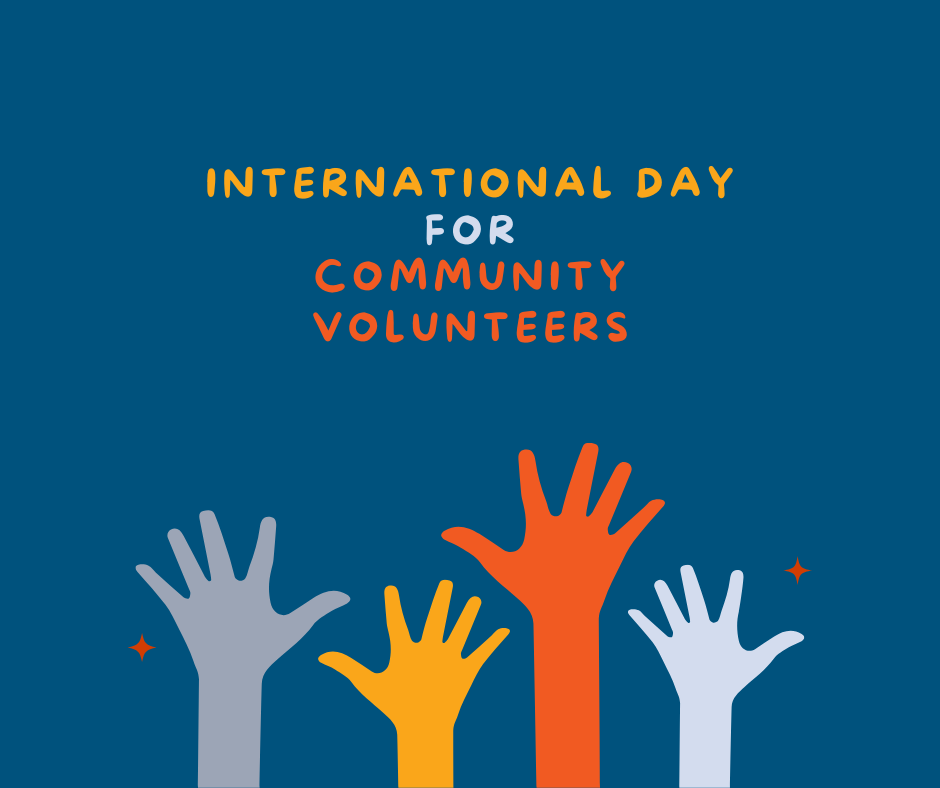Previous Article
News
Dealing with radicalisation in the criminal justice sector: How the Radicalisation Awareness Network can contribute to your work
The challenge of dealing with increasing radicalisation and violent extremism is impossible to escape. On a daily basis media report on the growing threat posed by extremists groups such as Daesh and the recent attacks in Paris and Brussels show the reality related to this threat. Politically, preventing and countering violent extremism is one of the top priorities in Europe.
These developments also have a big impact on the criminal justice sector. Policy makers are adapting legal frameworks to have more instruments to deal with foreign terrorist fighters. The police and intelligence services are under pressure to detect and gather evidence on violent extremist individuals, groups and activities in an early phase to prevent attacks. Prosecutors and judges are challenged to better understand processes of radicalisation to determine what level of risk an individual poses to society and what kind of sentence is appropriate for terrorist (related) offenses. Prisons and probation need to deal with increasing numbers of violent extremist offenders, recruitment activities and radicalisation processes both inside and outside prison, and the public demand for visible interventions around these types of offenders. Eventually many of them will get relatively short sentences and come back into society, which calls for good rehabilitation programmes developed by prison, probation and partners such as community organisations, housing corporations, police and local authorities.
 A contribution by Merel Molenkamp, senior advisor RAN-Network
A contribution by Merel Molenkamp, senior advisor RAN-Network
The Radicalisation Awareness Network
The Radicalisation Awareness Network (RAN) was developed to support first line practitioners from different sectors with these different challenges related to radicalisation and violent extremism. The network was initiated by the European Commission (EC) in 2011. The main objectives of the network since the beginning have been: 1) to put focus on the importance of prevention of radicalisation 2) to bring together first line practitioners (e.g. police officers, prison and probation staff, teachers) from across the EU to share best practices and 3) to formulate policy recommendations.
At the moment the network consists of over 2000 practitioners who are organised in nine working groups: RAN Police and Law Enforcement (POL), RAN Education (EDU), RAN Communication and Narratives (C&N), RAN Health and Social Care (H&SC), RAN Remembrance of Victims of Terrorism (RAN RVT), RAN Exit strategies (EXIT), RAN Local approaches (LOCAL), RAN Youth, Families and Communities (YF&C) and RAN Prison and Probation (P&P). These working groups have multiple meetings every year to bring together practitioners from that sector or on that theme to discuss current trends, challenges and promising interventions. These meetings result in concrete deliverables that can inform research and policy such as guidelines on exit work, a manifesto on the role of education in prevention of radicalisation and an overview of advantages and disadvantages of dispersal and concentration regimes in prison
RAN Prison and Probation
For criminal justice practitioners such as probation officers, the RAN P&P working group deals with issues specifically related to this sector. Key topics that require continuous attention are: the distinction and identification of violent extremist offenders (compared to ordinary offenders), risk assessment, safety and security management around these groups of offenders (regime choices), rehabilitation programmes, multi-agency cooperation, female and juvenile extremist offenders, developing evidence based approaches and building capacity (e.g. resources, training).
RAN P&P usually meets around four times a year. Three of the four meetings are small-scale expert meetings that bring together practitioners with expertise and experience on a particular topic (e.g. deradicalisation/ disengagement programmes in prison). The outcomes of these meetings feed into one bigger plenary meeting at the end of the year and into the RAN P&P Practitioners Working Paper. This working paper was delivered in the fall of 2015 and summarized the work of RAN P&P up until that moment. Each year an update is foreseen to include new insights in this rapidly changing field.
How you can benefit from RAN
As a practitioner/ professional in the criminal justice sector, there are several ways to benefit from the work of RAN:
- You may join one of the meetings organised by RAN. Participants will be selected based on geographical spread, relevant expertise and availability.
- You can sign up to the RAN Update; a monthly newsletter summarizing RAN events that have taken place and announcing events to come.
- You can find in-depth reports and recommendations on the RAN website which may be used in policy and strategy documents as well as to share with colleagues in your own meetings and networks around this topic: http://ec.europa.eu/dgs/home-affairs/what-we-do/networks/radicalisation_awareness_network/index_en.htm
- You can find inspirational practices and lessons from throughout the network In the RAN Collection. The Collection contains over 100 examples of practices, including contact details and it is available as a PDF document as well as through a search engine on the RAN website.
- You can always contact the RAN Centre of Excellence if you have a specific question or if you are looking for specific information or people. To contact us, express interest and/or sign up for the newsletter, please send an email to: ran@radareurope.nl

Related News
Keep up to date with the latest developments, stories, and updates on probation from across Europe and beyond. Find relevant news and insights shaping the field today.
Recap

CEP Events, Communication and Awareness-Raising
Recap: Conference on Public Perception of Probation
06/05/2025
From 6 to 7 May, the CEP Conference on the Public Perception of Probation in Europe took place in Antalya, Türkiye, bringing together over 100 participants from more than 20 countries. The event offered space for open discussion, exchange of experiences, and practical ideas on how probation is seen and supported across Europe.
New

Probation in Europe
New Interview Online with Felix Gerike, a survivor of a knife attack
01/05/2025
What do victims of violent crime need to recover—and what can be done to prevent such attacks?
In the latest episode of Division_Y, Jo Tein, CEP board member, speaks with Felix Gerike, a survivor of the 2023 Brokstedt knife attack in Germany. Felix played a crucial role in disarming the attacker, helping to prevent further harm. He shares his personal experience, reflections on victim support, and his views on justice and policy responses to violent crime.
Probation in Europe
New Executive Summaries for the report on Building Probation Capacity in Spanish and Italian
01/05/2025
Updated

CEP Board, Probation in Europe
New Interview Online: Maren Michels – The Role of NGOs in Probation
22/04/2025
In the newest Division_Y interview, Maren Michels, director of the Hamburg Welfare Association, shares her experiences and reflects on the vital role that NGOs play in supporting people during and after incarceration.
New

CEP Events
Want to Win a CEP Award? See How Finland Did It – Apply for 2025!
22/04/2025
We’re excited to share an exclusive interview with the winners of the Development of National Probation Services Award from the CEP Awards 2022:
The Prison and Probation Service of Finland.
New

Volunteers
International Day for Community Volunteers
17/04/2025
17 April – International Day for Community Volunteers!
Today, we celebrate the inaugural International Day for Community Volunteers Supporting Offender Reintegration—a day dedicated to acknowledging the vital contributions of volunteers who assist individuals in their journey back into society.
This initiative was launched during the 2nd World Congress for Community Volunteers, held alongside the 6th World Congress on Parole and Probation in The Hague (16–18 April 2024).
At CEP, we’re proud to support the official Declaration on the International Day for Community Volunteers. We’re also actively involved in the CoPPer project—a European initiative aimed at promoting community participation in probation services. CoPPer focuses on training volunteers to support individuals under supervision, helping them access education, employment, and community connections.
A heartfelt thank you to all the community volunteers out there—your dedication makes a real difference.
Subscribe to our bi-monthly email newsletter!
"*" indicates required fields
- Keep up to date with important probation developments and insights.

